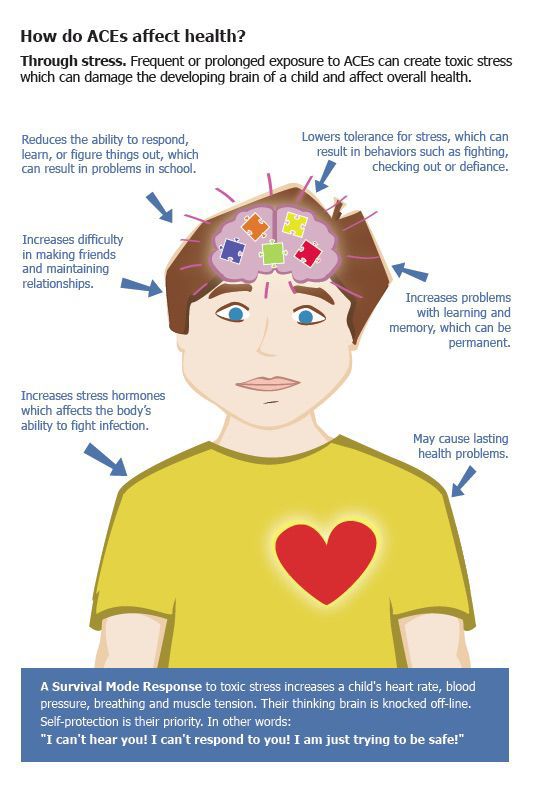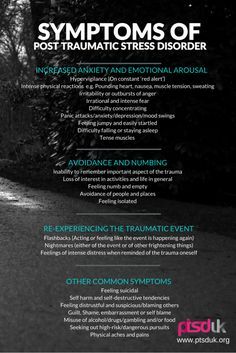

Physical symptoms: chronic pain, headaches, stomach pain, diarrhea, tightness or burning in the chest, muscle cramps or low back pain.Panic attacks: a feeling of intense fear, with shortness of breath, dizziness, sweating, nausea and racing heart.You also may feel emotionally numb, detached from friends and family, and lose interest in activities. You may not want to talk about the event or be around people or places that remind you of the event. You may also have physical problems like constipation, diarrhea, rapid breathing, muscle tension or rapid heart rate.Īvoiding reminders of the trauma. You may find it hard to concentrate or sleep. You may be easily startled or angered, irritable or anxious (especially when thinking about the traumatic experience) and focused on staying safe. You might also have nightmares or flashbacks about the trauma or may become upset when something reminds you of the event.īeing constantly alert or on guard. You may have thoughts about the trauma even when you don’t want to. This is especially the case when the event was caused by human action or included horror or loss of life. Many trauma survivors, however, experience reactions during and after trauma that concern them. For some, their personal resources and capacities may grow, and their relationships may strengthen. Most trauma survivors experience many normal responses. Children who are neglected and/or physically, sexually or verbally abused.Emergency responders who help victims during traumatic events.People who have heard of or experienced a sudden death of a friend or relative.Combat veterans or civilians exposed to war.Survivors of sudden dangerous events, such as a car crash, natural disaster or terrorist attack.Survivors of violent acts, such as physical attacks, domestic violence, rape and sexual, physical and/or verbal abuse.

Risk Factors for PTSDĪnyone who was a victim, witnessed or has been exposed to a life-threatening situation can get PTSD. It affects nearly 8 million American adults.

PTSD is a real problem that can happen to anyone at any age. This can include seeing someone else go through a traumatic event or hearing about the sudden or violent death of a loved one. PTSD may occur after someone is exposed to an extreme traumatic event that poses a threat of death or serious injury to him or herself or others. The program is the only one of its kind in Wisconsin. When people suffer traumatic injuries from a gunshot wound, a motor vehicle crash or other source, the Trauma Psychology Program at Froedtert Hospital offers specialized expertise to help them cope with the traumatic incident, as well as the aftereffects of their injuries, including depression and post-traumatic stress disorder. If the symptoms last for more than a month, you may have post-traumatic stress disorder or PTSD and should seek treatment. Sometimes, however, these feelings don’t go away. You may start to feel better after days or weeks. These include distress, fear, helplessness, guilt, shame and anger. If you have gone through a traumatic event, it is normal to feel many emotions.


 0 kommentar(er)
0 kommentar(er)
